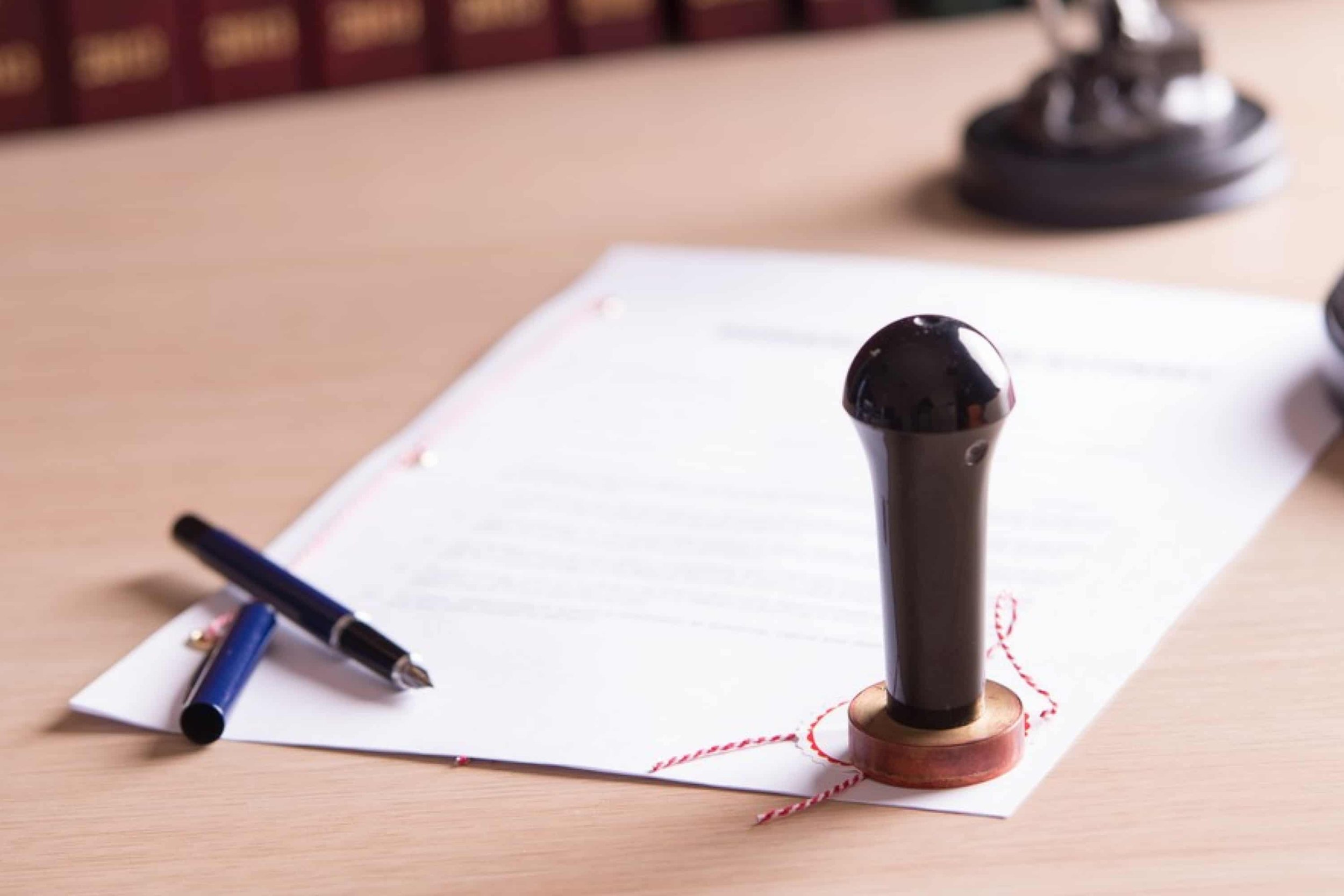A Guide to Altering, Revoking & Updating a Will
Creating a Will is vital in ensuring your wishes are honoured after passing. However, life is dynamic, and circumstances change. So, it pays to know how to update your Will effectively to reflect those changes in your life. With our quick guide to revoking, updating and altering a Will, you can better understand these legal processes in Queensland. Still, the best way to handle this matter is to consult an experienced Wills and Estate lawyer on the Sunshine Coast to help point you in the right direction.
Updating a Will
Want to know whether it’s time to update your Will? Here are common scenarios that warrant an update:
1. Significant Life Events
● Marriage/Civil Partnership: In Queensland, marriage (and entry into a Civil Partnership) automatically revokes any existing Will unless it was made ‘in contemplation of marriage/Civil Partnership’ and with some exceptions in favour of the person the will maker was married to or in a Civil Partnership with at the time of the will maker’s death.
● Ending of relationship: In Queensland, Divorce, Annulment of marriage, the ending of a Civil Partnership and ending of a de factor relationship does not revoke the entire Will but nullifies any gifts made to an ex-spouse and their role as executor. Unless explicitly stated otherwise, the remaining provisions of your Will that don’t pertain to your ex-spouse will still be valid. However, be careful as Divorce is not property settlement, generally can’t be obtained for more than one year after separation and many people don’t obtain Divorce for many years after separation.
● Births and Deaths: The arrival of new family members or the death of existing beneficiaries should prompt a review of your Will and amendment if necessary.
2. Financial Changes
If you experience significant financial changes—such as receiving an inheritance, selling property, or starting a business—you should update your Will accordingly to reflect these new circumstances.
3. Periodic Reviews
It’s recommended to review your Will every 2-3 years or after any major life event. Doing so ensures your Will aligns with your current wishes and circumstances. How often should you update your Will? You can change your Will as many times as you like during periodic reviews or life changes if you are mentally capable of doing so.
Want to learn how to update a Will? Read on to understand the different ways you can update or alter your current Will.
Altering a Will
Altering a will involves making changes to its contents without completely revoking it. Here are some key points to consider:
1. Codicil
A codicil is a legal document that details an amendment to your existing Will. It allows you to make changes without drafting a new Will. For example, you can use a codicil to change an executor, add or remove beneficiaries or modify specific bequests.
To create a valid codicil, you must sign this legally binding document in the presence of two independent witnesses, just as you would with a Will. You should store the codicil with your original Will to ensure both documents are easily accessible.
2. Direct Changes
While you can make handwritten changes to your Will, this method can lead to confusion and may not be legally valid unless properly witnessed. Generally, it is advisable to create a codicil or draft a new Will for clarity.
Revoking a Will
Revoking a Will means formally cancelling it or rendering the document invalid and no longer reflective of the testator’s intentions. In Queensland, the process of revoking a will is governed by the Succession Act 1981.
Methods of Revocation
Here’s how to revoke a will under Queensland law:
● By Making a New Will: The most common and recommended method of revocation occurs when a new Will is created. Typically, the new Will includes a clause revoking all previous Wills. It ensures clarity and prevents confusion regarding which document reflects your current wishes.
● By Written Declaration: A Will can also be revoked through a written declaration that explicitly states the intention to revoke the existing Will. This declaration must be executed in accordance with the formal requirements of a Will, including being signed and witnessed. You must store it in a safe place, along with your former, revoked Will (if you wish not to destroy it physically).
● By Physical Destruction: You can also revoke a Will by physically destroying it, such as burning, tearing, or otherwise damaging it with the clear intention to revoke it. However, this act must demonstrate an unequivocal intent to revoke for it to be legally recognised.
● Automatic Revocation: Certain life events can automatically revoke a will – marriage, for example, as mentioned above.
Legal Considerations
When revoking a Will, you must ensure your intentions are clear to avoid confusion or disputes among beneficiaries. For instance, if a Will is not properly destroyed or if there are multiple versions of Wills without clear revocation clauses, this can lead to complications during the probate process. Your spouse, children and other dependants may contest your Will or challenge the Will’s validity.
Revival of a Revoked Will
Once a Will has been effectively revoked, it cannot simply be revived by mere intent. To restore a previously revoked will, you must either:
● Re-execute the original Will if possible.
● Create a new Will that indicates an intention to revive the old one.
The important thing here is that there is no ambiguity regarding which document should govern the distribution of your estate after your passing.
Summing It Up
Understanding how to alter, update, or revoke a will is essential for ensuring your final wishes are respected and carried out according to your intentions. Whether through creating a codicil for minor changes or drafting an entirely new document for major life events, keeping your Will current is inarguably important.
If you’re considering making changes to your Will or need expert assistance with estate planning, consulting with an experienced legal professional can provide clarity and ensure compliance with Queensland laws. Your peace of mind regarding your estate planning is worth the investment in professional guidance.
For more information on Wills, estate planning and relevant succession laws, don’t hesitate to reach out to us here at Bradley & Bray. Our seasoned succession lawyers are ready to guide you and help you make the right legal steps regarding your Will.
Disclaimer: This article is general in nature and does not constitute legal advice. If you require legal advice in relation to your personal circumstances, you must formally engage our firm, or another firm to provide legal advice in relation to your matter. Bradley & Bray lawyers take no responsibility for any use of the information provided in this article.





